

Choosing the right fastener supplier is crucial for the success of any project, from construction and manufacturing to automotive and electronics. This guide covers essential factors to consider when selecting a fastener supplier, including product range, quality control, certifications, inventory management, and customer service. By understanding these aspects, you can make an informed decision and ensure a reliable supply of high-quality fasteners for your specific needs.Understanding Your Fastener NeedsBefore you even begin searching for a fastener supplier, you need to have a clear understanding of your own requirements. This includes: Types of Fasteners: What specific types of fasteners do you need (e.g., screws, bolts, nuts, washers, rivets)? Materials: What materials are required (e.g., stainless steel, carbon steel, aluminum, brass)? Sizes and Dimensions: What are the exact sizes, lengths, and thread types you need? Quantities: How many fasteners do you typically order? Standards and Specifications: Are there any specific industry standards or certifications required (e.g., ISO, ASTM, DIN)? Applications: How will the fasteners be used? This will influence the required strength, corrosion resistance, and other properties.Once you have a solid grasp of these factors, you can more effectively evaluate potential fastener suppliers.Key Considerations When Choosing a Fastener SupplierSelecting the right fastener supplier is a critical decision that can significantly impact the quality, cost, and timeline of your projects. Here are some key factors to consider:Product Range and AvailabilityA good fastener supplier should offer a wide range of fasteners to meet your diverse needs. This includes different types of fasteners, materials, sizes, and finishes. They should also have a reliable inventory management system to ensure that the fasteners you need are readily available when you need them. Suppliers like Hebei Muyi Import&Export Trading Co.,Ltd, offer comprehensive catalogues to ensure that your needs are met.Quality Control and CertificationsQuality is paramount when it comes to fasteners. Make sure the supplier has a robust quality control process in place, from raw material inspection to final product testing. Look for suppliers who are certified to recognized quality standards such as ISO 9001. Certifications demonstrate a commitment to quality and adherence to industry best practices. Requesting material certifications and testing reports can also help ensure the fasteners meet your specifications.Pricing and Payment TermsWhile price shouldn't be the only factor in your decision, it's important to compare pricing from different suppliers. Get quotes for the specific fasteners you need and ask about volume discounts. Also, inquire about payment terms and shipping costs. Be wary of suppliers who offer prices that seem too good to be true, as this could indicate lower quality.Inventory Management and DeliveryEfficient inventory management and reliable delivery are crucial for avoiding delays and keeping your projects on schedule. Ask about the supplier's lead times, shipping options, and inventory management capabilities. Some suppliers offer vendor-managed inventory (VMI) programs, where they manage your fastener inventory levels and automatically replenish stock as needed. Hebei Muyi Import&Export Trading Co.,Ltd, for example, can offer tailored solutions for your needs.Customer Service and SupportExcellent customer service is essential for a smooth and successful partnership. Choose a supplier who is responsive, knowledgeable, and willing to go the extra mile to meet your needs. They should be able to answer your questions, provide technical support, and resolve any issues quickly and efficiently. Look for suppliers who have dedicated customer service teams and offer multiple channels of communication (e.g., phone, email, online chat).Evaluating Potential Fastener SuppliersOnce you have identified a few potential fastener suppliers, it's time to evaluate them more closely. Here are some steps you can take: Request Samples: Ask for samples of the fasteners you need to test their quality and suitability for your application. Check References: Contact other customers of the supplier to get their feedback on the supplier's products, services, and reliability. Visit Their Facility: If possible, visit the supplier's facility to see their operations firsthand and assess their quality control processes. Review Their Website and Online Presence: Check their website for detailed product information, certifications, and customer testimonials. Look for online reviews and ratings to get an idea of their reputation.The Importance of Long-Term RelationshipsBuilding a long-term relationship with a reliable fastener supplier can bring numerous benefits, including: Consistent Quality: You can rely on the supplier to consistently provide high-quality fasteners that meet your specifications. Preferential Pricing: You may be able to negotiate better pricing and payment terms over time. Priority Service: You may receive priority service and faster delivery times. Expert Advice: The supplier can become a trusted advisor, providing valuable insights and recommendations on fastener selection and application.Common Fastener Standards and SpecificationsMany industries rely on standardized fasteners to ensure interoperability and quality. Here are some common standards and specifications: ISO (International Organization for Standardization): A widely recognized international standard for fasteners. ASTM (American Society for Testing and Materials): Develops technical standards for a wide range of materials, including fasteners. DIN (Deutsches Institut für Normung): German standards for fasteners. SAE (Society of Automotive Engineers): Develops standards for fasteners used in the automotive industry.Troubleshooting Common Fastener ProblemsEven with the best fasteners and installation practices, problems can sometimes arise. Here are some common fastener problems and how to troubleshoot them: Corrosion: Use corrosion-resistant materials (e.g., stainless steel) or coatings (e.g., zinc plating) in corrosive environments. Loosening: Use locking fasteners, such as lock washers or self-locking nuts, to prevent loosening due to vibration. Stripped Threads: Ensure proper torque and avoid over-tightening fasteners. Breakage: Use fasteners with sufficient strength for the application.Staying Up-to-Date with Fastener TechnologyThe fastener industry is constantly evolving, with new materials, designs, and technologies emerging regularly. Stay up-to-date with the latest developments by: Attending Industry Events: Trade shows and conferences are great opportunities to learn about new products and technologies. Reading Industry Publications: Stay informed about industry trends and best practices. Networking with Other Professionals: Connect with other engineers and professionals in the fastener industry to share knowledge and experiences.SummaryChoosing the right fastener supplier requires careful consideration of your specific needs, the supplier's capabilities, and the overall value they provide. By following the guidelines outlined in this article, you can make an informed decision and ensure a reliable supply of high-quality fasteners for your projects.


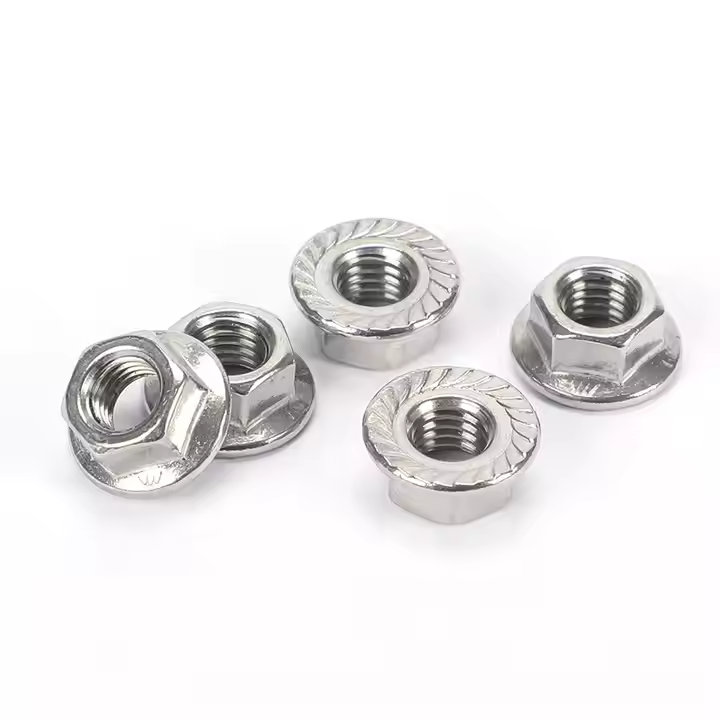
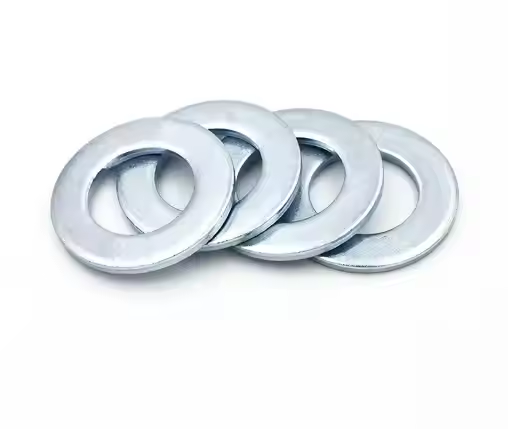

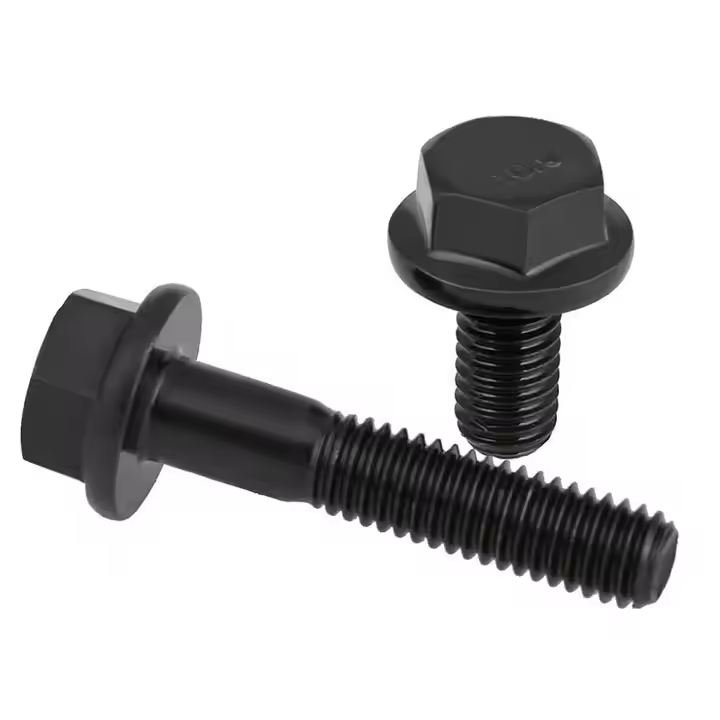


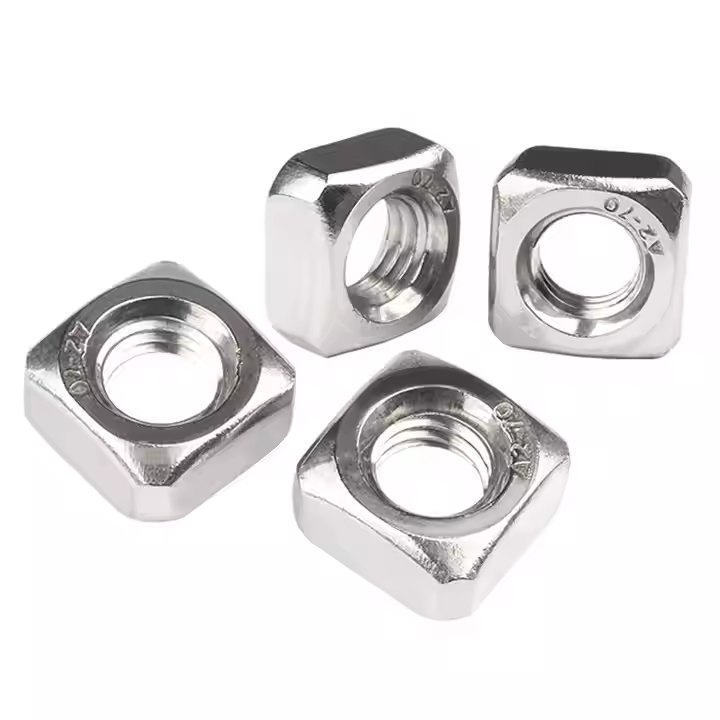
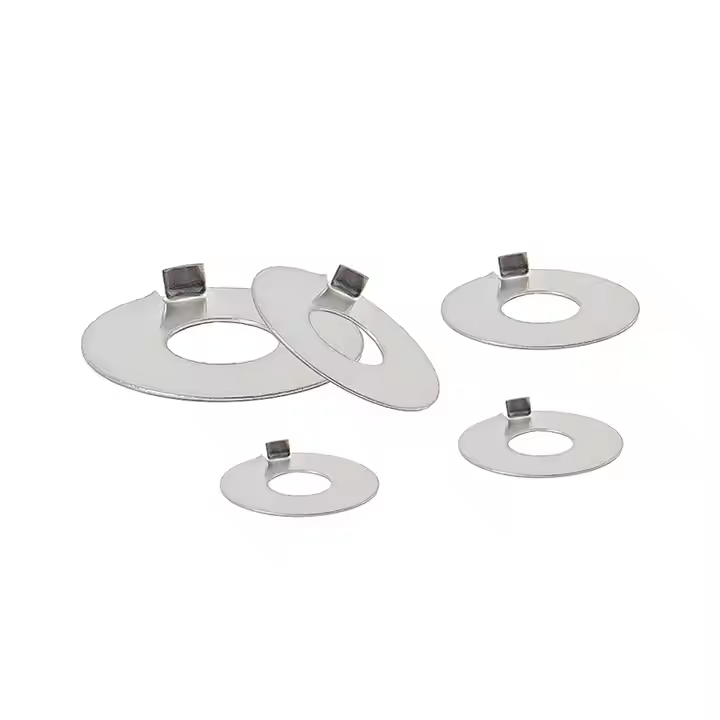

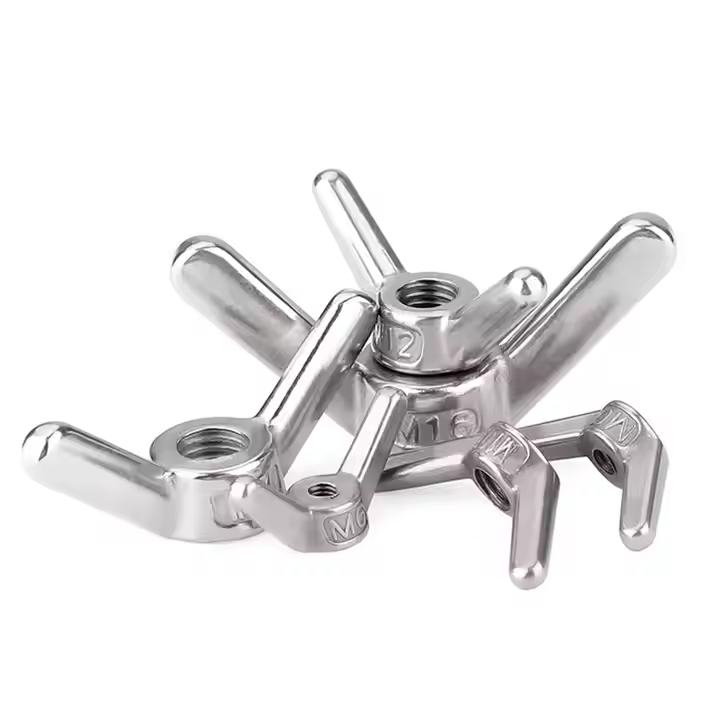

Please enter your email address and we will reply to your email.